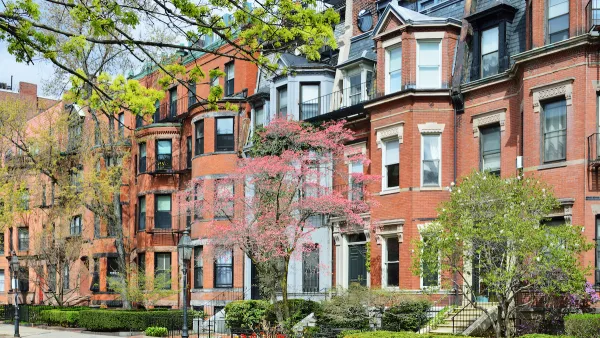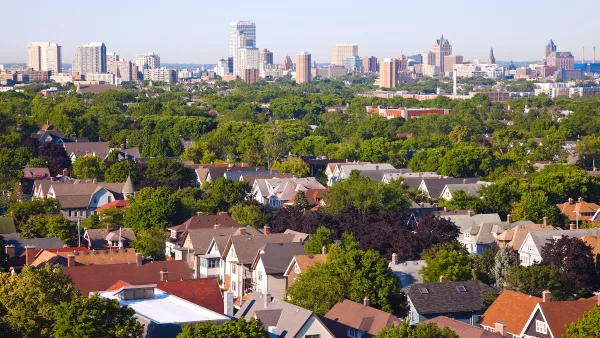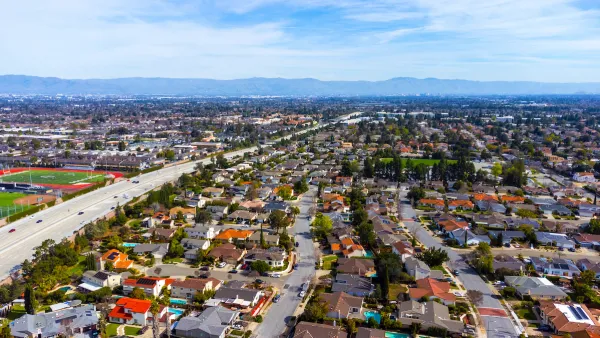An opinion piece calls out suburban communities for perpetuating structural inequality and housing discrimination. Recently converted social justice advocates should focus their zeal on zoning reform, according to the argument that follows.

Sara C. Bronin writes an opinion piece for the Courier Journal in Louisville connecting the calls for racial and social justice to land use reform as expressed by local zoning laws: "We must not forget about one of the most important perpetuators of fundamental inequalities in the country today: zoning."
"Every resident of an affluent, suburban town who marched in solidarity should be on the phone today with their elected leaders, trying to get zoning reforms on their town’s agenda," according to Bronin, to change the ongoing legacies of the exclusionary and discriminatory history of zoning.
It's no coincidence that Bronin's opinion piece is found in Louisville's local daily newspaper.
In 1916, the U.S. Supreme Court struck down this type of “racial zoning” as unconstitutional, in a case called Buchanan v. Warley. At issue was a Louisville zoning ordinance that was written “to prevent conflict and ill feeling between white and colored races,” and “to preserve the public peace.” The method of achieving these goals? The “use of separate blocks for residences, places of abode, and places of assembly by white and colored people respectively.”
Although Louisville's racial zoning didn't pass muster with the 14th Amendment, zoning practices still "perpetuate structural inequities and block access to opportunity," according to Bronin, and in 2020, the Supreme Court can't be relied on to overturn the ongoing discriminatory practices of zoning.
As documented by a recent Planetizen feature, Louisville is still struggling to correct massive disparities in public health outcomes for low-income neighborhoods and people of color.
FULL STORY: Opinion: In fight for justice, zoning laws that exclude low-income people must be changed

National Parks Layoffs Will Cause Communities to Lose Billions
Thousands of essential park workers were laid off this week, just before the busy spring break season.

Retro-silient?: America’s First “Eco-burb,” The Woodlands Turns 50
A master-planned community north of Houston offers lessons on green infrastructure and resilient design, but falls short of its founder’s lofty affordability and walkability goals.

Delivering for America Plan Will Downgrade Mail Service in at Least 49.5 Percent of Zip Codes
Republican and Democrat lawmakers criticize the plan for its disproportionate negative impact on rural communities.

Test News Post 1
This is a summary

Test News Headline 46
Test for the image on the front page.

Balancing Bombs and Butterflies: How the National Guard Protects a Rare Species
The National Guard at Fort Indiantown Gap uses GIS technology and land management strategies to balance military training with conservation efforts, ensuring the survival of the rare eastern regal fritillary butterfly.
Urban Design for Planners 1: Software Tools
This six-course series explores essential urban design concepts using open source software and equips planners with the tools they need to participate fully in the urban design process.
Planning for Universal Design
Learn the tools for implementing Universal Design in planning regulations.
EMC Planning Group, Inc.
Planetizen
Planetizen
Mpact (formerly Rail~Volution)
Great Falls Development Authority, Inc.
HUDs Office of Policy Development and Research
NYU Wagner Graduate School of Public Service





























